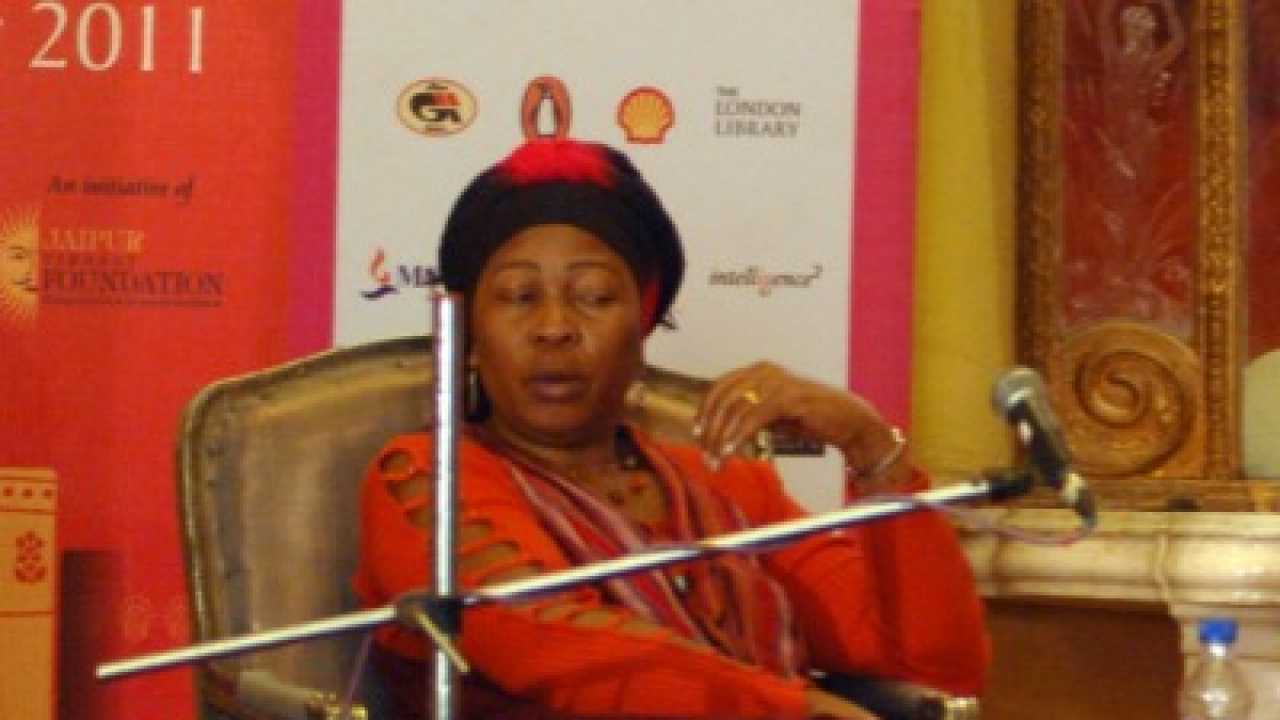
Born in 1958, Nokugcina Elsie Mhlophe grew up in apartheid South Africa. The experience of racial hatred and discrimination had a defining impact on the life and work of this multifaceted artist, who began her working life as a domestic help. Wikipedia describes her as “freedom fighter, activist, actor, storyteller, poet, playwright, director and author.” Be it on stage, or behind it as a director or playwright, Mhlophe defines herself as a story-teller and performer. She both director and acted in her play, ‘Have You seen Zandile?’ which won numerous prizes at international festivals. A short time after, she established the group, Zanendaba Storytellers, which holds a festival for storytellers every year. DNA caught up with her at the Jaipur Literature Festival.
How was it when you first started travelling for your writing and stage work?
My first travel experience was hilarious. I arrived in England from home wearing a polyester jersey. I felt the cold and I was terrified. How am I going to live in this place, I thought. The man who came to pick me up was terribly shy; he couldn’t even look me in the eye. But I needed a new wardrobe. So as soon as we reached his home, he asked me, looking sideways, if I wanted something to eat. I said, where is your wardrobe? He looked terrified. But I rushed through the house and found his clothes. I pulled out a heavy sweater and showed it to him, he having followed me into his bedroom. Can I take this, I asked him. He nodded. I pulled it on and finally I was fine. I’m guessing that man has been suspicious of African ladies ever since!
How did your work in the theatre help or impede your writing?
I started as a writer at the age of 17. I felt the need to express something within myself. I was inspired by the greats of Zulu writing. But initially I did not like my voice as a writer. My family and my heritage have been central in defining me as a human being. I would have nothing to say if I wasn’t from the family I come from. When I got into performing, an experience which for me lasted almost thirty years, it was life-changing. The discipline the stage experience gave me changed me as a writer. The punctuality and respect for my audience were important lessons. The stage and the page are twins traveling together.
How does the social and political situation in your country affect you personally?
The difficult times we are living through in my country now are like the waves of the ocean. Sometimes it is sad and terrible, sometimes it is joyous, at other times, celebratory. There is a rhyme in South Africa, which goes like this (breaks into song, clicking her fingers) ‘What is the ocean doing? It’s got dancing waves? It is the joy that lives inside me.’ I think that is what defines me. The joy of living. People ask me how I can still be so optimistic after having lived through apartheid. It is because every day I open the windows of my house and feel the sunshine. I realise I am still here, no matter what has happened in my life. I love living and this love keeps me alive.